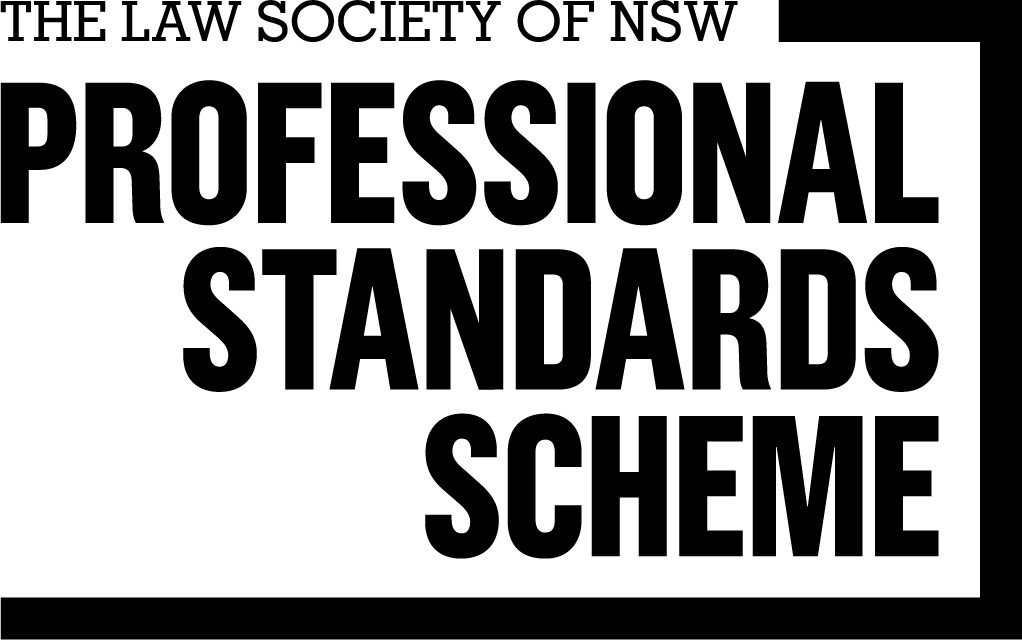The recent joint decision in The Owners – Strata Plan No 74835 v Pullicin; The Owners – Strata Plan No 80412 v Vickery [2020] NSWCATAP 5 (‘Pullicin and Vickery’) has clarified that the New South Wales Civil and Administrative Tribunal (‘NCAT’) does not have the power to award damages for a breach of s 106(1) of the Strata Schemes Management Act 2015 (NSW)(‘SSMA’), being the obligation on an owners corporation to repair and maintain common property.
In both cases, the lot owners experienced water penetration and subsequent damage to their apartments from failed common property, and applied to NCAT for orders seeking damages including for loss of rent as provided for under s 106(5) of the SSMA.
Section 106 (5) grants a lot owner the right to recover from the owners corporation damages for foreseeable loss as a result of a breach of the duty. Section 232(1)(a) gives NCAT the power to “make an order to settle a complaint or dispute about …the operation, administration or management of a strata scheme under this Act” while s 232(1)(e) gives NCAT the power to “make an order to settle a complaint or dispute about…an exercise of, or failure to exercise, a function conferred or imposed by or under this Act or the by-laws of a strata scheme”.
The lot owners argued that sections 232(1)(a) and (e) grant NCAT the power to award damages for breach of section 106(1) but the Appeal Panel found that neither section 106 or section 232 grant NCAT the power to order damages or compensation.
This significant decision, made by a three-member Appeal Panel including the President and Deputy President of NCAT comes after a number of contradictory decisions on this issue, including The Owners Strata Plan No 30621 v Shum [2018] NSWCATAP 15, where the Appeal Panel ruled NCAT had an unfettered jurisdiction to award damages, and Shih v The Owners— Strata Plan No 87879 [2019] NSWCATAP 263 (‘Shih’), where the Appeal Panel ruled NCAT did not have the power to award damages but held they may have the power to make some kind of ‘compensation’ order.
Pullicin and Vickery has clarified once and for all that damages claims cannot be made through NCAT and the Tribunal has no power to make the compensation orders proposed by the decision in Shih. Claims for damages under section 106 must only be brought before a court of competent jurisdiction (Local, District or Supreme Court of NSW).
This decision may seem to dilute the intended streamlined process that NCAT is supposed to provide as a ‘one stop shop’ for NSW strata disputes. But on a positive note, any damages claims for breach of section 106(1) will now need to be supported by detailed evidence that complies with the court rules, noting NCAT is not bound by the rules of evidence in this division.
There are a number of issues that arise in relation to applications for failed common property and the timing and scope of proceedings run in contemporaneous divisions, such as seeking an order that the common property is repaired in NCAT and then also bringing proceedings in a separate jurisdiction such as the Local Court for a damages claim.
This decision highlights the need for specialist legal advice in matters concerning disputes of this nature in strata schemes. Speirs Ryan is a boutique property law firm providing national coverage, with offices in Sydney and Melbourne. The firm is uniquely placed with specialist teams in both strata law and property transactions that enables us to achieve successful outcomes for lot owners and owners corporations both within and beyond strata.
For further information or advice please contact us.
Disclaimer: The information contained in this article is provided as personal information only. It is not intended to be legal advice and it should not be used as legal or professional advice. The information in this article should not be relied upon – lot owners and owners corporations should seek legal advice for their specific circumstances.




